#counseling
Text
May you live an existence that doesn’t require constant resilience.
#mental health#mental illness#mental health matters#trauma#resilience#resilient#trauma informed#trauma informed counseling#counseling#counselor#therapy#therapist#therapy is cool#leftblr#defleftist#leftist#life
35K notes
·
View notes
Text
Astro observations. 💌🌻
🌼 Virgo moons though seem as practical, efficient & perfectionist, but inside they are deeply loving , shy & need emotional closeness & safety . They are so shy that this side of theirs remains hidden. They deeply wish to be of help .
🌼 Taurus risings especially Rohini Risings require luxury , aesthetics , beauty, art to feel emotionally satisfied and thus motivated to grow more in life.
🌼 Leo risings especially Magha risings are mostly unfazed and do not let emotions ride their decision making. They are very stubborn and royal like & they rarely change their ways . Unless there are water placements to balance it out.
🌼 Mutable risings are quite adaptable & mild personalities , they might feel a bit of out of this world. Since their Kendra owners are benign planets and to deal with the outside world, some dark side , badass effects of malefic planets is required to face of the difficult and challenging aspects of life , living & people. Kendra rule those aspects of life . And ownership of malefic planets gives a personality a hard balancing edge too.

🌼 Capricorn moons have an inner child that really had strict moms , they are sort of the children that learnt the real value of money earlier than others. They are hardworking, stoic and can be sense of support & stability for close ones. Hopefully they can feel more fulfilled too if they allow themselves to feel their emotions in a healthy manner too.
🌼 Age 24 , 28 , 36 , 42 , 48 are one of the most transformative years of life. The personality becomes more mature if it allows itself to learn and grow 🪴.
#astro observations#astrology#astrology observations#counseling#vedic#vedic astro notes#vedic astro observations#astro notes#astrology blog#astrologer#sidereal astrology
970 notes
·
View notes
Text
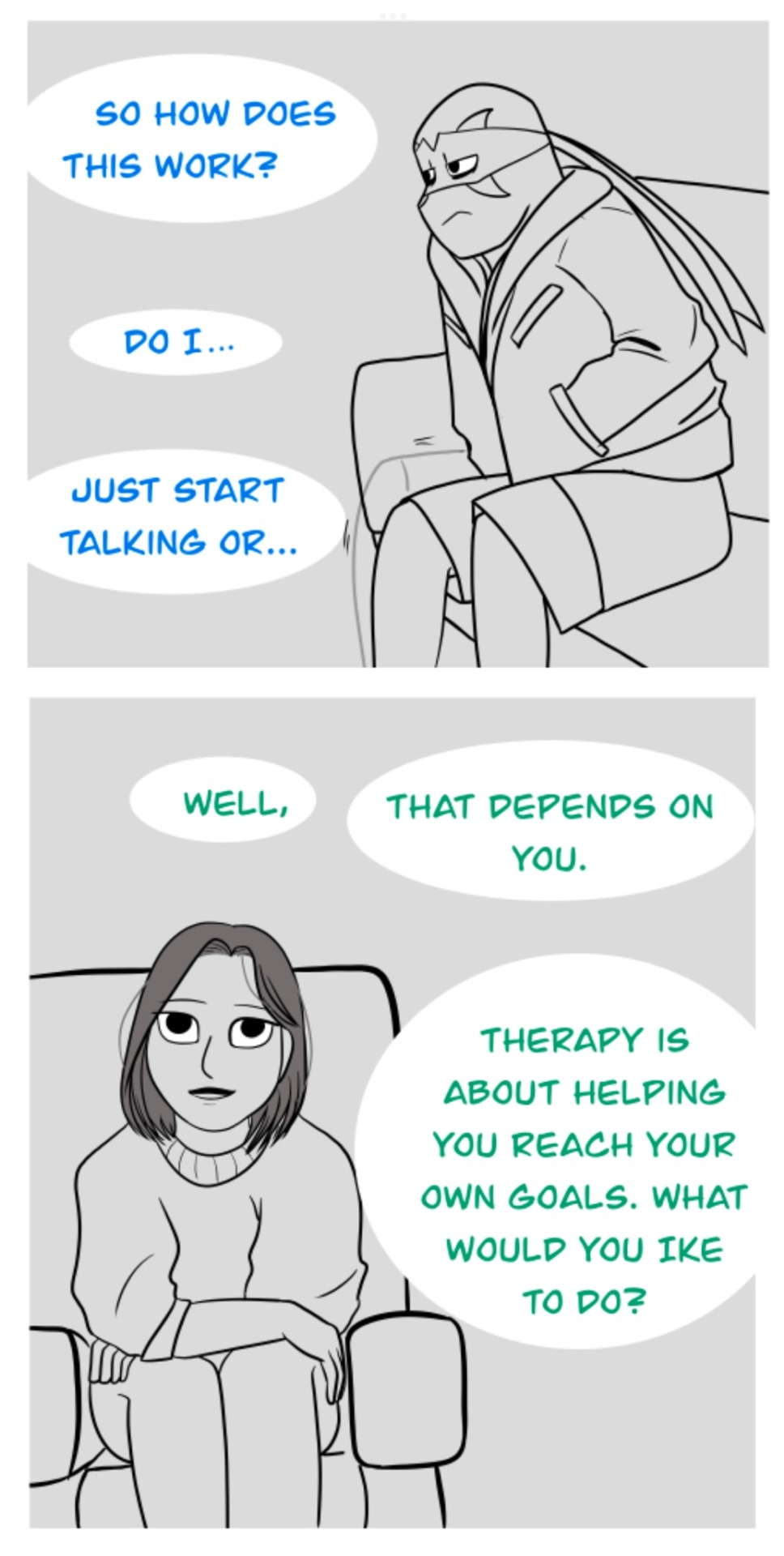
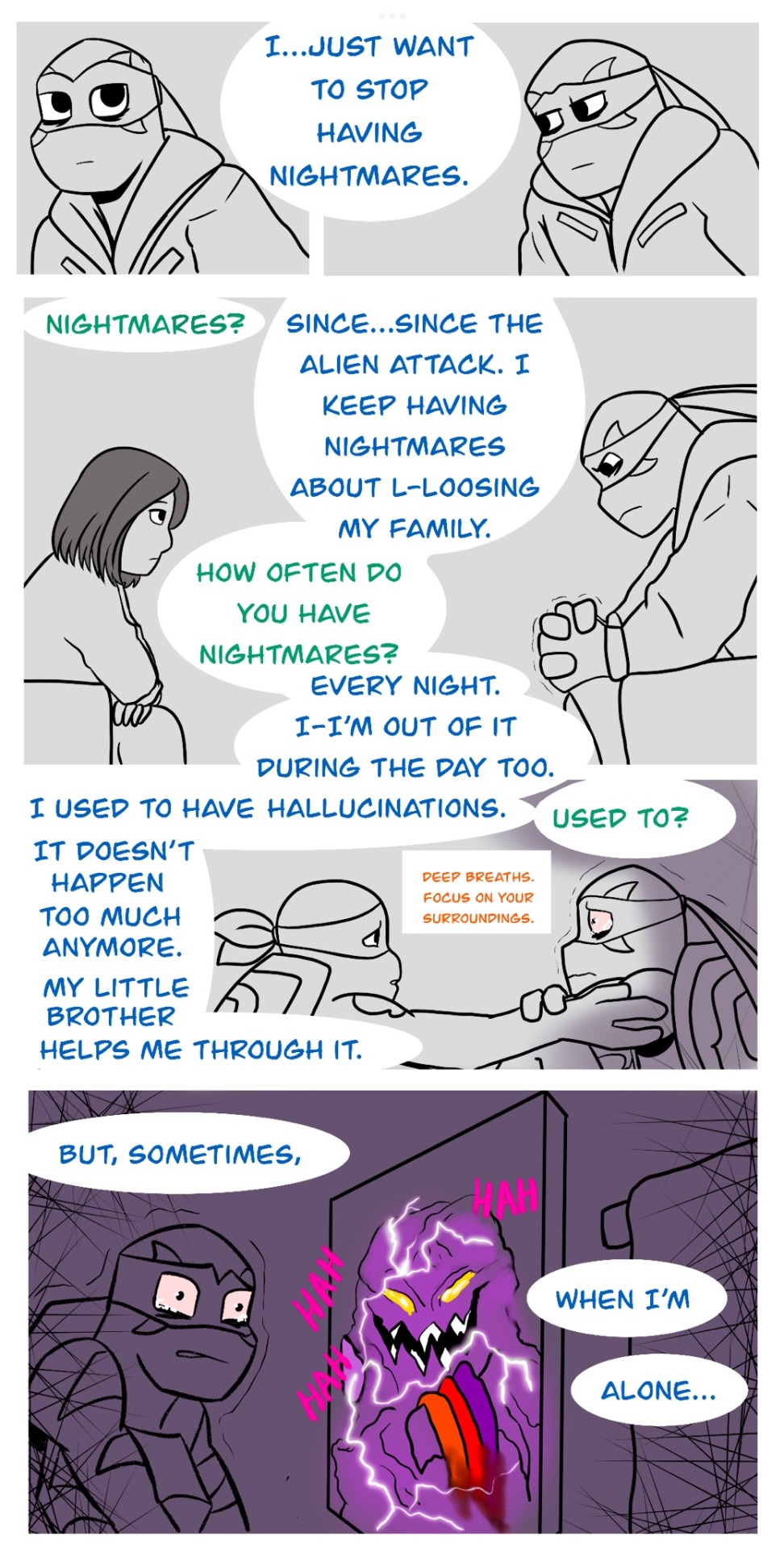

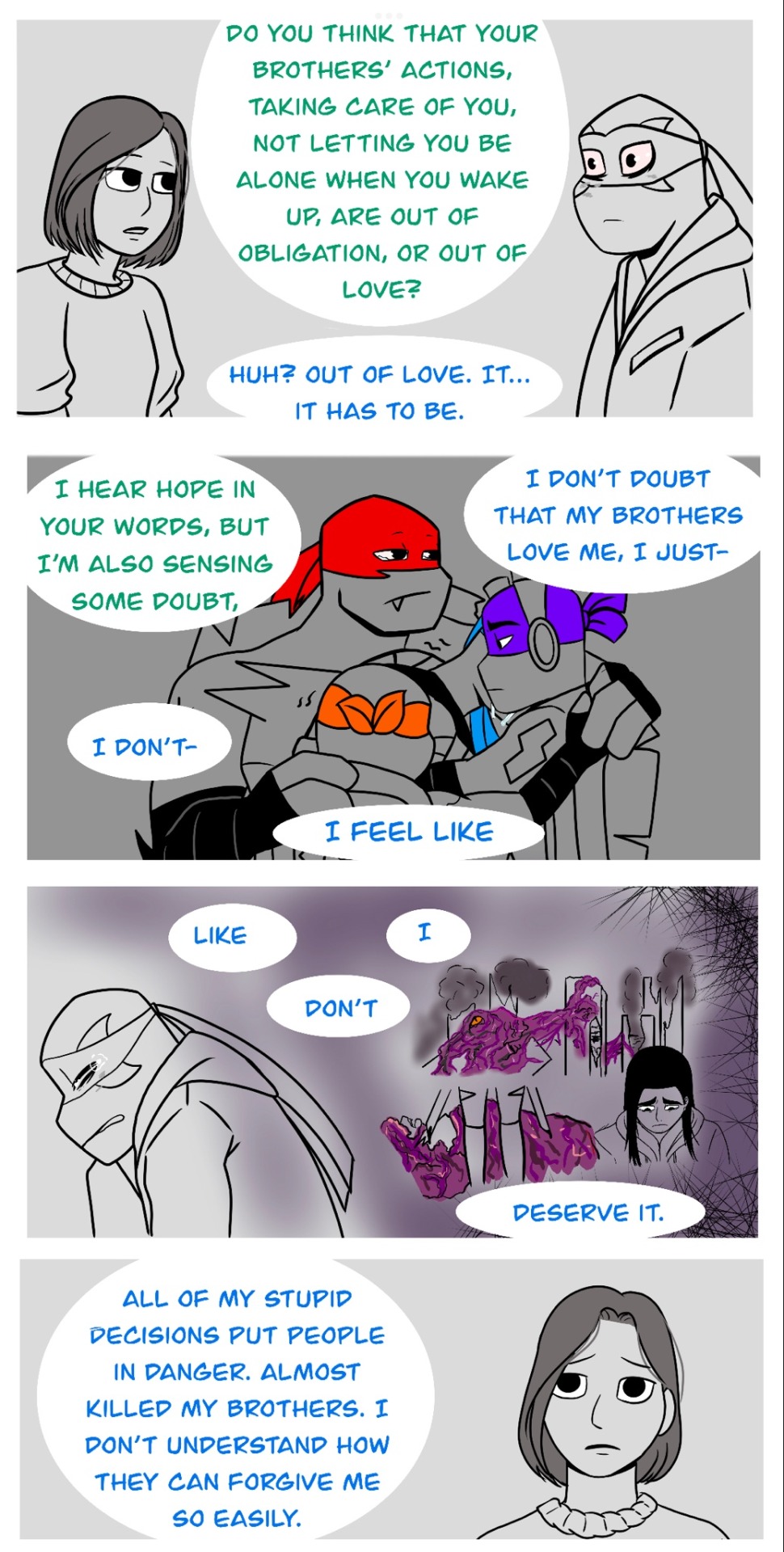


————
Hard work.
First I Prev I Next
————-
Guys! Don’t give up on Rise! Watch it! Tell people about it! Make videos/social media posts about it. It will only die, if we give up on it! Even after Mutant Mayhem, don’t let the ship sink!
Save Rise of the TMNT
#rottmnt#save rottmnt#rise of the teenage mutant ninja turtles#tmnt#unpause rottmnt#save rise of the tmnt#rottmnt leo#mental health#zee draws stuff#therapy#trauma#healing#tmnt 2018 nightmares comic#rottmnt nightmares comic#counseling#negative self talk#unpause rise of the tmnt#nightmares#family#self love#angst#angst and comfort#comic
1K notes
·
View notes
Text
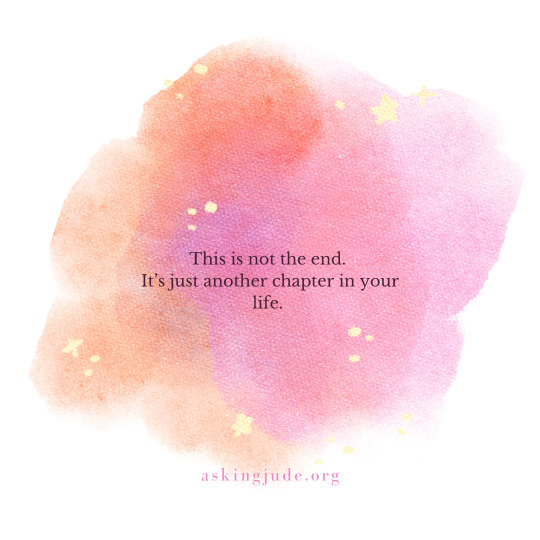
Do you want free mental help? What about remote, pay-what-you-want counselling? Visit askingjude.org.
#ask#advice#love advice#dating advice#relationship advice#lgbtq advice#positive#health#recovery#relapse#recovering#mdd recovery#ed recovery#mental health#support#counseling#therapy#positivity#wellness
206 notes
·
View notes
Text
you're enough, even if sometimes you don't feel that way.
#mental health#mental health support#mental health awareness#mental health reminders#coping#positivity#therapy#reminders#wellness#kindness#mental health issues#depression#anxiety#trauma#grief#counseling#selfimprovement#motivation#inspiration#growth mindset#optimism#quotes
311 notes
·
View notes
Text
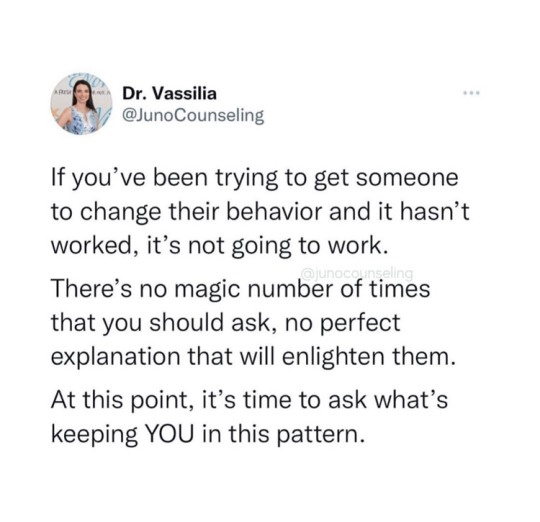
source: @/JunoCounseling
#self awareness#self love#advice#inspiring quotes#mental health#quote#quotes#inspirational#self care#self healing#self growth#self conscious#self improvement#counseling#post#instagram post#dailyremindersx
2K notes
·
View notes
Text

#futurama#robot therapy#robo-therapy#mental health#fry#dark future#humor#dark humor#backstreet boys#tell me why#counseling
60 notes
·
View notes
Text
Your Words Matter
Dear Therapists,
I had just logged into a Zoom session for my Diagnosing Pathology class and my cohort was in deep discussion with one particular student as we all waited for our professor. This student in particular was already working in some sort of clinical setting, not yet giving therapy, but a new client profile had come across her desk with a diagnosis of borderline personality disorder. She didn’t know much about the diagnosis herself, but she was concerned because her boss said, “Whoa, good luck with that one. Borderlines are very difficult to work with.”
Difficult. It’s not the first time I’ve heard that word. Every time I hear a professional utter the word, “difficult” when referencing a client it stings. Is that how you really see us? As patients/clients that are stuck in a downward spiral whose struggles are too much for you to handle? Don’t you believe in what you do and that there is hope for us?
My heart breaks for whoever this person is that has borderline personality disorder because the cards have been stacked against them before they’ve even gotten started. One of my school assignments required me to write about working with a difficult population and this was my response:
“If we get the idea that a particular diagnosis or population is difficult to work with it feels like we are setting ourselves up for failure. Maybe we will treat them differently or have lower expectations or refuse to work with them because we have a negative perception.”
In 2022, I attended the Healing Together conference hosted by An Infinite Mind in Orlando, Florida. I was sitting in a session where I could hear and learn about lived experiences with dissociation and an excerpt from a book was read aloud as an example of how some clinicians view dissociative identity disorder. The presenter who read the excerpt was sad, the audience was sad, and I felt infuriated. The gist of the excerpt talked about how a clinician should be wary because clients with dissociative identity disorder are difficult to work with and that they bring unsolvable problems to therapy.
Unsolvable problems? Listen, if a client’s problem was easy to solve, they wouldn’t need therapy! Of course we are bringing our unsolvable problems to you. We believe in your ability to help us. We were trusting you enough to share our struggles. When we hear you call us difficult, challenging, resistant, and a myriad of other words, you break our trust and confidence.
My ask of you is that you reframe your perspective of difficult clients. My therapist always says that behavior is communication, so when you find a client’s behavior particularly difficult, ask yourself, “What is my client trying to tell me?” “What does my client need right now?” Seek out peer consultation or supervision without passing judgment on how difficult a client is for you.
I’ve always carried around my own judgment about myself as a client in therapy. I used to tell my therapist, “Thank you for putting up with me” and her response was, “There’s nothing to put up with.” When I had the opportunity to watch her present at a conference once, I went up to her just before it started to tell her she’d do a great job. She just smiled and said, “Everything I’m presenting today, I learned from you.” I thought about that for a long time. Not once, in our years of therapy had she ever shown any indication of frustration, feeling challenged, or felt I was difficult. She simply adapted her interventions as needed.
The NICABM posted back on June 11, 2022 on their Facebook page a quote from Pat Ogden, PhD; “When we call clients resistant or difficult, it’s because our interventions are not working and we feel incompetent.” As clients, we don’t think you’re incompetent. We think there’s something wrong with us and we believe you when we hear you say we’re difficult. So, please, choose carefully. Your words matter.
Sincerely,
A DID Client
References
NICABM. (2022, June 11). What may at first seem like opposition or resistance can often signal a client’s deepest struggles. [Status Update]. [Image attached]. Facebook. https://www.facebook.com/NICABM/photos/10159170676011314
#DID#dissociation#dissociative identity disorder#trauma#mental health#trauma therapy#borderline personality disorder#counseling#healing#talk therapy#complex trauma#ptsd recovery#healing trauma#mental heath awareness
219 notes
·
View notes
Text
Since I go to the bathroom standing up, if I’m talking to someone in depth about my fEElInGs, they better have a notebook or a clerical collar.
#Male emotions#Men’s emotions#Men’s feelings#Male tears#emotional men#Therapy#counseling#pastoral care#I don’t even talk about my feelings in depth with my girlfriend#I did with women I pursued previously and it never ended well
56 notes
·
View notes
Text
I made the first step. I called a counseling office in my area. I don’t have an appointment yet but they’re going to call me back by the end of the week.
I’m scared, but I’m going to be okay.
76 notes
·
View notes
Note
Therapy, and especially psychiatry, are bourgeoisie institutions. You should quit your job, bestie.
I’m not denying the bourgeois roots of both therapy and psychiatry, however your statement is shortsighted. Myself and many other therapists (I won’t speak for psychiatrists as I am not one) put a lot of effort into decolonizing and deconstructing the more oppressive and harmful roots of our field. I work in a rural community clinic with folks primarily on Medicaid and Medicare who otherwise would not have access to mental healthcare. The waitlist for our clinic is in the hundreds. There’s a huge need for help, and I plan to be a part of giving it. My theoretical orientation includes both feminist and leftist therapy and I work hard to provide the care I would want myself as a queer, leftist woman. If therapy feels too bourgeois for you still, that’s okay. You can either search for a new therapist who fits your needs better or not go at all. I feel secure and fulfilled in the help I provide to others, bestie.
#leftist#leftist therapist#leftblr#feminist therapy#leftist feminist#counseling#therapy#therapist#ask#anon#communist#socialist#communism#socialism#anti capitalist#anti capitalism#leftist politics#mental health care#mental health matters#counselor#therapy is a human right
135 notes
·
View notes
Text
Astro observations part 3 💌🦋
☘️ Leo moons/ risings require premium attention in their relationships and can be very possessive of their children. Using their intellectual aptitude, they can rise quite high in life.

☘️ Pisces moon/ risings /dominants have a great responsibility in this life. They will be more happy & satisfied when they respect their giving nature and inculcate a spiritual attitude towards living. Meditation is deep healing for their sensitive energies to recharge. They are natural empaths.
☘️ Rohini moons naturally attract everyone & everything. They have beautiful eyes and magnetic charm. Highly creative. Emotional safety for them is essential because of their receptivity and soft nurturing nature. They often are a target of jealousy. So wear black threads charged with a protective mantra.

☘️ Saturn in 8th house , these natives need to allow transformative events in their life to flow through them , to change them internally. They need to learn to trust themselves and others . Intimacy is deeper than just physical intimacy. Allowing yourself to feel vulnerable and letting trusted deserving loved ones to come closer to you can be such a healing game changer , my darlings 🤍🤍🤍

#astro observations#astrology#astrology observations#counseling#vedic#vedic astro notes#vedic astro observations#astro notes#astrology blog#astrologer
479 notes
·
View notes
Text

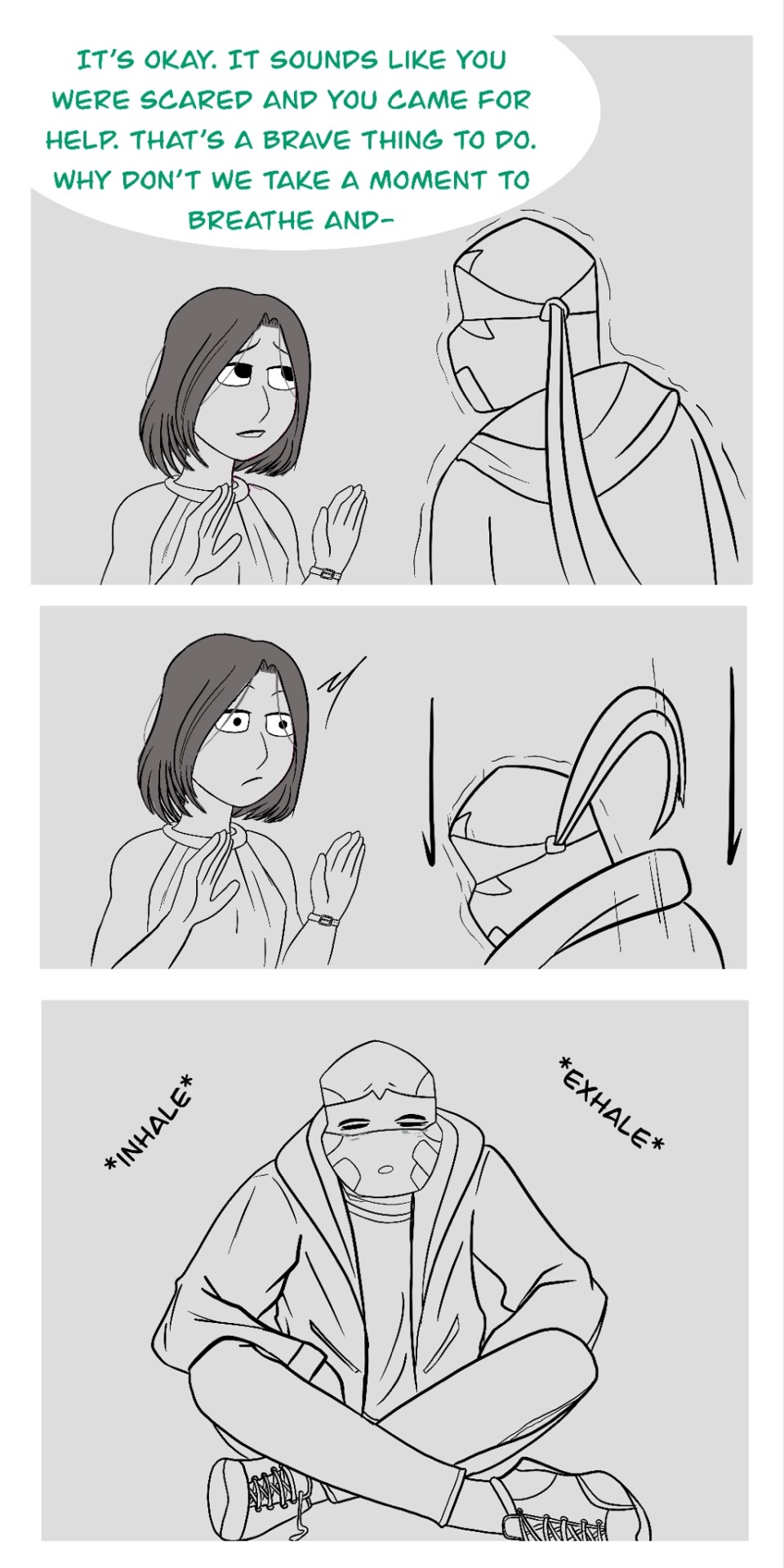

————
“Talk about a nightmare.”
First I Prev I Next
#rottmnt#save rottmnt#rise of the teenage mutant ninja turtles#tmnt#unpause rottmnt#save rise of the tmnt#rottmnt leo#rottmnt donnie#rottmnt raph#rottmnt mikey#rottmnt nightmares comic#tmnt 2018 nightmares comic#mental health#therapy#ptsd#support#counseling
505 notes
·
View notes
Text
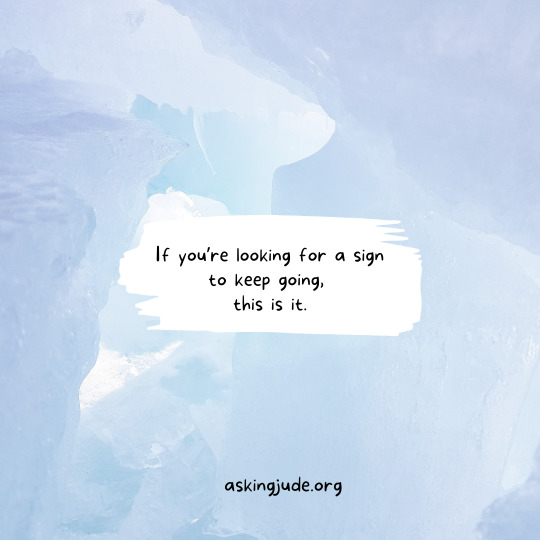
Do you want free mental help? What about remote, pay-what-you-want counselling? Visit askingjude.org.
#ask#advice#mental health#help#support#counseling#therapy#positive#health#recovery#relapse#recovering#mdd recovery#ed recovery#love advice#life advice#dating advice#relationship advice#lgbtq advice#family advice#lgbtq#nonbinary#transgender#body positive#body image#happy#happiness#wellness#positive quotes#happy quotes
121 notes
·
View notes
Text
you don't have to have a clinical mental disorder in order to go to therapy. you can go to therapy even if:
you are having issues with your interpersonal relationships
you find it hard to regulate your emotions.
you are struggling with balancing different aspects of your life.
you are experiencing a stressful period.
you want to gain more insight into your own thoughts, feelings, and actions.
you want to build skills like time management, assertiveness, emotional management, goal setting, etc.
you feel lost.
#mental health#mental health awareness#mental health support#mental health reminders#coping#positivity#reminders#wellness#therapy#kindness#ptsd#anxiety#depression#psychotherapy#counseling#therapist#emotional health#mental wellness#mental illness
28 notes
·
View notes
Text

☕️ — laikastudies
Hi! I’m Laika (لايكا). I’m a nineteen-year-old undergrad psychology student.
I’m in the second semester of my first year, and I hope to graduate a year early. I plan on doing a master’s in counseling and becoming a clinical mental health therapist.
I studied French throughout high school, and now I am learning Arabic in college!
This blog will serve as a place to document my studies, languages, and more! I hope you’ll stick around. <3
An ode to my favorite blogs:
@lacaffeina @notes-and-chronicles @learnelle @physicelie @notetaeker
#studyblr#muslim studyblr#new studyblr#counseling#psychology#langblr#french#arabic#uniblr#gradblr#☕️ — laikastudies#ilyastudies
21 notes
·
View notes